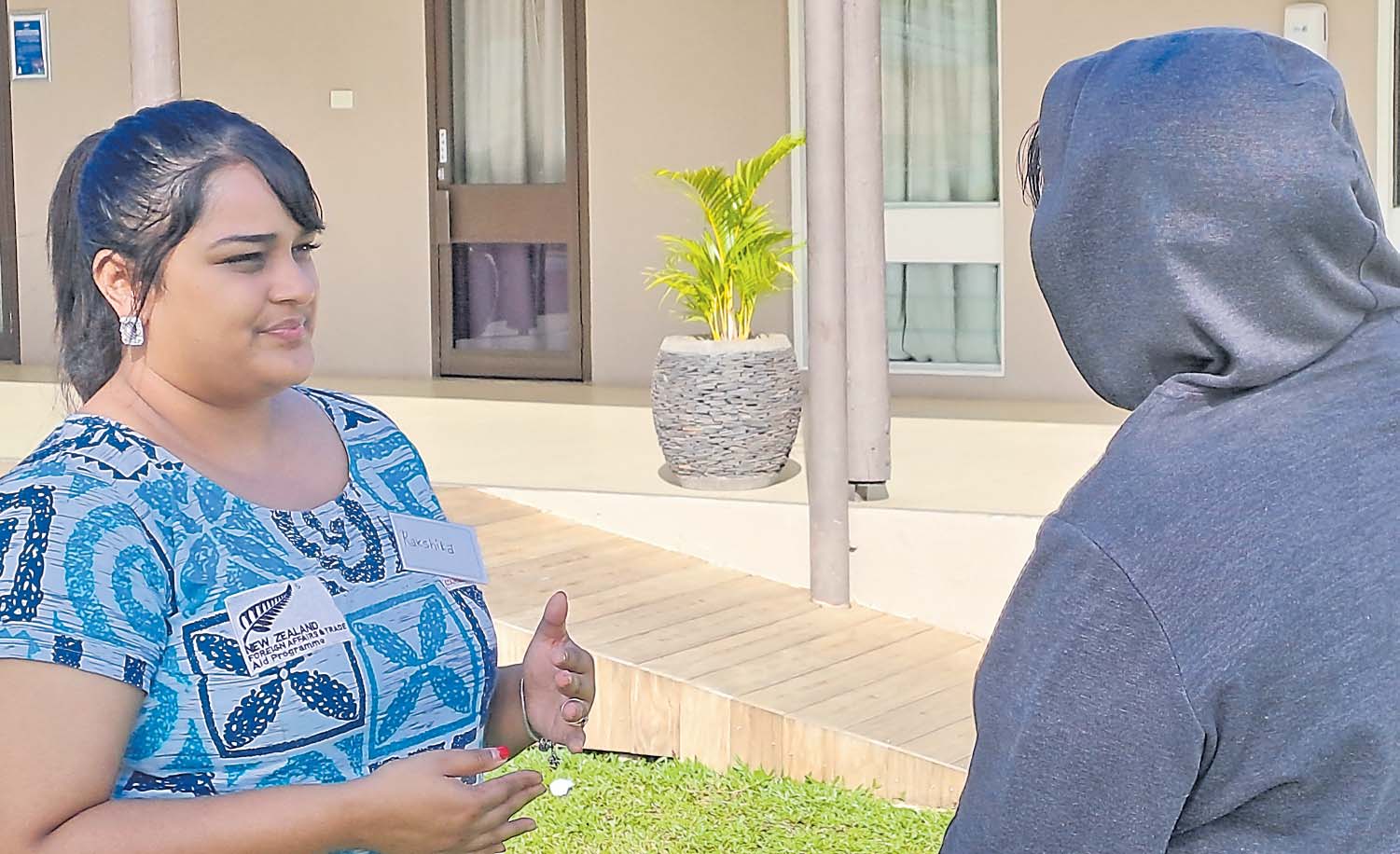She smiles at the end of every counselling session and walks out of the room happy.
The reason for her happiness is that someone hears her out without being judgmental about her medical condition.
But most importantly, it helps her cope with her daily life.
This is the story of a 40-year-old woman who has been diagnosed with bipolar disorder by medical doctors.
According to the World Health Organization, bipolar disorder is a treatable illness in which a person experiences extreme mood swings and activity levels.
These are different from the usual ups and downs that everyone feels.
WHO says the exact cause that leads to some people developing bipolar disorder is not known but there are factors that play a part in causing the illness or triggering it.
Emotionally or physically stressful life events may trigger an episode, it says.
The reason why the woman, whom we shall refer to as client, needed to be diagnosed with bipolar disorder is not any different.
Her state of mind was affected after the demise of her mother about 20 years ago. They were very close to each other..
Then her brother passed away, which further affected her mental health.
She had been referred to Empower Pacific for counselling by doctors at a sub-divisional hospital a few years ago and then earlier this year too.
The NGO has a long-term partnership with the Ministry of Health and Medical Services, thus the referral.
The partnership looks at a collaborative approach in providing holistic care to people for their mental health and psychosocial wellbeing.
Empower Pacific counsellor Rakshika Singh, who has been counselling the client, said she has been eagerly attending the sessions and is always on time.
“She’s educated up to high school, is very well spoken and is fond of repeating things that she says,” she said.
“The client has mood swings, hallucinates and hears things when she doesn’t take her medication on time.
“She used to lived with her 20-year-old niece but is living with her female cousin now.
“The client couldn’t take the experience of being told by her niece to vacate so she came to me to talk about it without judgment. She felt relieved after sharing her problems and walked out smiling.”
Ms Singh said the client was being well looked after by her cousin sister and her family.
“The client has a good support system in the form of her cousin sister but she wants to start her own grog (kava) business so that she can be financially independent.
“I conducted four counselling sessions with her and her case file is still open due to her diagnosed mental illness so she can come whenever she wants to for counselling support.
“She wants to talk to someone who will listen to her without making any judgment about her medical condition. She wants to be heard.”
Ms Singh said the client has been getting all the help she needs via the counselling sessions.
“She smiles when the counselling session ends and she’s always happy and grateful for the assistance provided to her via counselling.
“The client feels relieved after sharing her experiences and sharing anything she’s going through and how she feels.
“She stated that counselling helps her cope with her daily life and she feels happy that someone is there to listen to her and support her in some way.”
Ms Singh also assisted her by showing her the features of her mobile phone and taught her how to write down notes.
With the extra assistance provided by Ms Singh the client is now making good use of her phone and notes vital things down that can assist her to remember and cope her condition.
WHO says bipolar disorder is recurrent in most people who have it, adding that you need to learn how to prevent episodes and live a fully functional life.
It gives the following tips:
Learn about your disease and how to spot warning symptoms with the help of your doctor or mental health caregiver. Try to understand what triggers episodes and how to avoid such triggers.
Follow a healthy lifestyle with a regular sleep pattern, healthy eating and exercise, and avoid emotional and physical stress as much as possible.
Find at least one person that you can rely on and confide in – someone who can warn you if you think you are not well.
Avoid alcohol and drugs. If you drink alcohol, stick to the safe limits.
People can also call the Empower Pacific 24/7 toll-free counselling helpline 5626, which is supported by the New Zealand’s Ministry of Foreign Affairs & Trade.
- AVINESH GOPAL is the communications and media officer for Empower Pacific.



